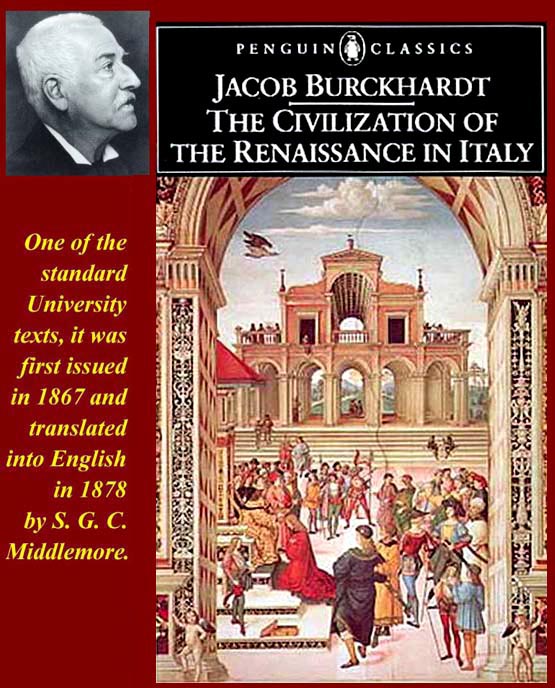Historians and Diarists --Roman Renaissance Historiography
Historiography is the word historians use to describe their efforts to judge various books written about historical subjects. They try to subject all written accounts of any particular event or incident to objective criteria in order to determine not only what really happened, but also how close to accuracy authors have come. Historiography deals with recorded history (lower case) and not with "everything that's ever happened" History (upper case). Although there were ancient attempts to figure out which previous historians were accurate and which were not, modern historians pretty much agree that historiography as a separate discipline was invented by Italian Renaissance humanists, who first tried to judge the historical accuracy of ancient writings and, as time went on, began to judge each other.
This process continues today, and its major locus is, of course, in academia. Although the continuum of historical writing today is extremely broad, for academic purposes, historiography splits into four basic streams:
We all participate in some of these activities. For example, at the beginning of this course there were recommendations for anyone who felt that they just had to have a textbook in addition to the course handouts. Those recommendations -- an exercise in historiography -- were:Continuing to judge materials that were written in the past -- everything from the ancient sources to histories written last week; The process of choosing textbooks and course materials; Peer review for publication in academic periodicals; and Evaluation and criticism of non-academic works with historical content. The process used in choosing handout materials was also an exercise in historiography.The Renaissance in Rome, by Charles L. Stinger; Renaissance Rome 1500 - 1559, A portrait of a Society, by Peter Partner; and The Art of Renaissance Rome, by Loren Partridge. Jacob Burckhardt's classic, Civilization of the Renaissance in Italy, on the internet at http://onlinebooks.library.upenn.edu/webbin/gutbook/lookup?num=2074 Also, whenever we decided that a Renaissance source was "good" (Johannes Burchard) or "bad" (Stefano Infessura) or that modern authors that used good or bad sources were "reliable" or "suspect", we were participating in historiography.
It must be noted that, as much as historians might try to make historiography into an exact "science", it will never be so. Historians, like everyone else, are riddled with their own political, economic, religious, and academic prejudices. Bitter and persistent feuds are not uncommon.
Our own judgements, of course, will continue to be unaffected by prejudice.
Subjects to be discussed in this unit are:
The reasons for Renaissance humanist interest in historical accuracy; Some Internet Links for this unit:"Good" and "bad" primary sources. This often boils down to whether Renaissance writers were critical of themselves and of their own patrons (e.g., Guicciardini or Burchard) or were critical only of their enemies and the enemies of their patrons (e.g., Infessura or Cellini).
The first Italian Renaissance historians/diarists/autobiographers and how good a job they did -- the Rashômon problem;
"Reception 1" -- use of primary sources in the years between then and now;
"Reception 2" -- our own handling of what primary and secondary sources have left us, and the difficulties of portraying the Roman Renaissance (or anything else) for the pop culture market.
http://www.gutenberg.org/cache/epub/4028/pg4028-images.html Autobiography of Benvenuto Cellini
http://www.mmdtkw.org/VBurcardo.html
http://www.theatrelibrary.org/english.htm
http://www.romeartlover.it/Gregorovius.html
http://www.italicapress.com/index165.html
http://www.newadvent.org/cathen/08002a.htm On Stefano Infessura as an unreliable source
http://onlinebooks.library.upenn.edu/webbin/gutbook/lookup?num=2074
Use your Internet search engine to find names of authors or works.
Slides used for this unit are on the Internet at http://www.mmdtkw.org/RenRomUnit0900-0PixList.html.

